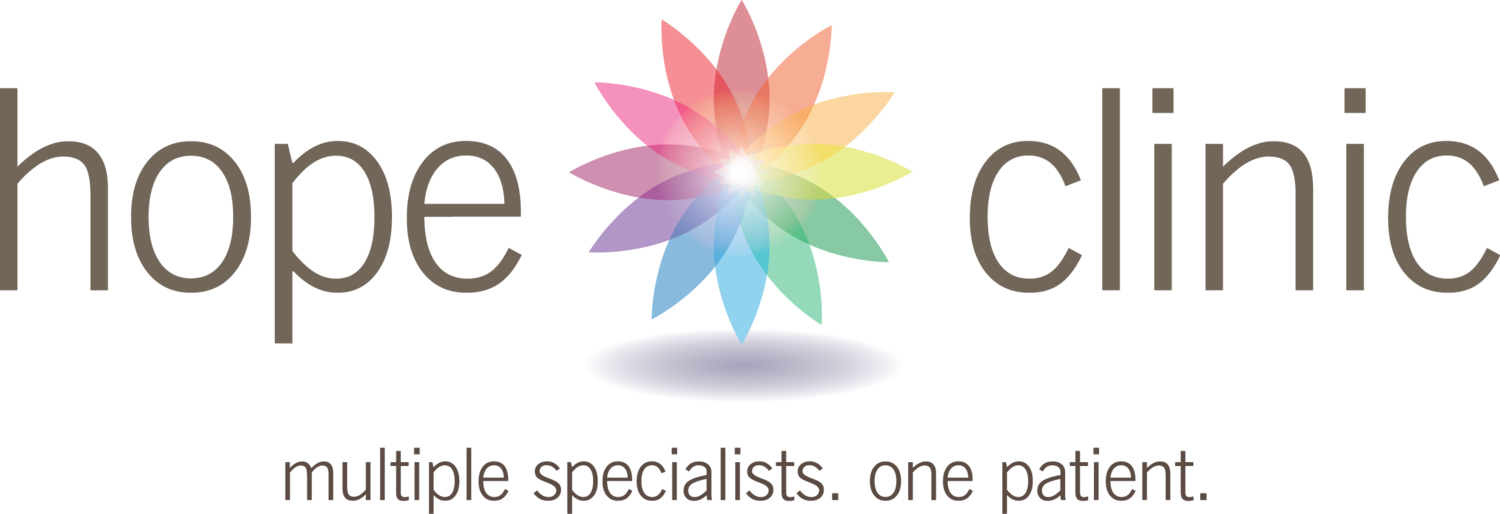“Calcium builds strong bones. Be sure to get your daily supply!”
"A fall plus brittle bones means broken hips!”
“Bone medications thicken bones to make them stronger. Take the one that’s right for you!”
“Worried? Get a bone density scan to see how strong yours are…”
Do any of these sound familiar? Here’s the problem: none of them are totally true.
The truth about strong bones
Sadly, many things we’re told to do to avoid bone-related mishaps and disease are based on misleading information. These meant-to-be helpful tips can actually end up contributing to the problem!
Shoot. So what’s the real deal? Let’s take it one piece at a time…
Calcium. There is some truth to the idea that calcium is important for bones, but here’s the thing—calcium is only helpful for our bones if it can get into the bone! And it can only get into the bones if there is enough bone matrix to accept more calcium. In other words, if the structure isn’t ready to take it in, the calcium doesn’t do much good.
Falls. Often as we get older, we begin to worry more about falls…no one wants to break a hip, right? The bone matrix we were talking about—the structure of our bones—is made out of collagen. The younger and healthier we are, the more collagen we have. As we get older, collagen breaks down, causing wrinkles, brittle hair, and nails, and…yep…brittle, inflexible bones. These weakened bones can even fracture on their own, causing us to fall!
Medications. Do bone medications keep old bones nice and thick while keeping them from breaking down? Yes, yes they do. But when we take these medications we are left with old, thick brittle bones. And that just means more fractures. Darn.
Scans. The problem with density scans? They don’t record the actual strength of a bone! They only record how much radiation made it through the bone. So, a thick brittle bone will look great on a scan. A thin, strong flexible bone? That can register as osteoporosis!
So, what should you do?
- Keep your bones young and strong—exercise more than once a day, and be sure to include resistance exercises. This helps to keep replacing old bone cells with new ones.
- Keep your bones flexible—make sure you are producing enough stomach acid to properly absorb calcium and protein in your diet.
- Build your bone matrix—take nutritional gelatin regularly, and make your own soup broth from bones, joints, and eggshells.
- Keep those bones strong by supporting your kidney system through Chinese medicine and your constitution through careful homeopathy.
Have more questions about your bone density? Feel free to ask Dr. Brad more about it during your next appointment at the clinic.
Photo credit: Markus Spiske / raumrot.com

